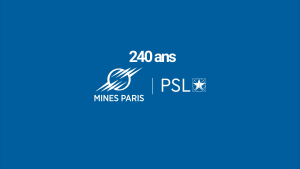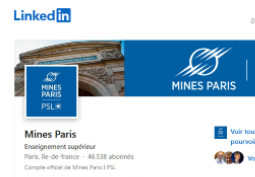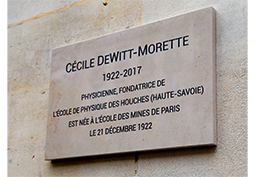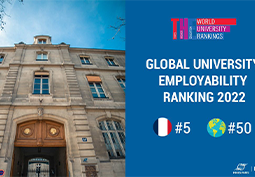Centre of Thermodynamics of Processes





Ecole
240 ans de recherche et de formation
Vidéo : 240ans de recherche…
> En savoir +

Formation
Mines Paris plébiscitée par ses étudiantes
Mines Paris - PSL, une école qui répond…
> En savoir +

Formation
Femmes de science
Chercheuses confirmées, doctorantes, élèves ou alumni,…
> En savoir +

Formation
Quelle école d’ingénieurs a le…
Mines Paris - PSL au Top 5 du classement LinkedIn 2023…
> En savoir +

Formation
En l'honneur de Cécile DeWitt-Morette
Claude Ribbe (Mairie du 6e arrondissement), Armand Hatchuel…
> En savoir +

Formation
Classement "Employabilité" THE 2022
Dans l'édition 2022 du Global Employability…
> En savoir +
